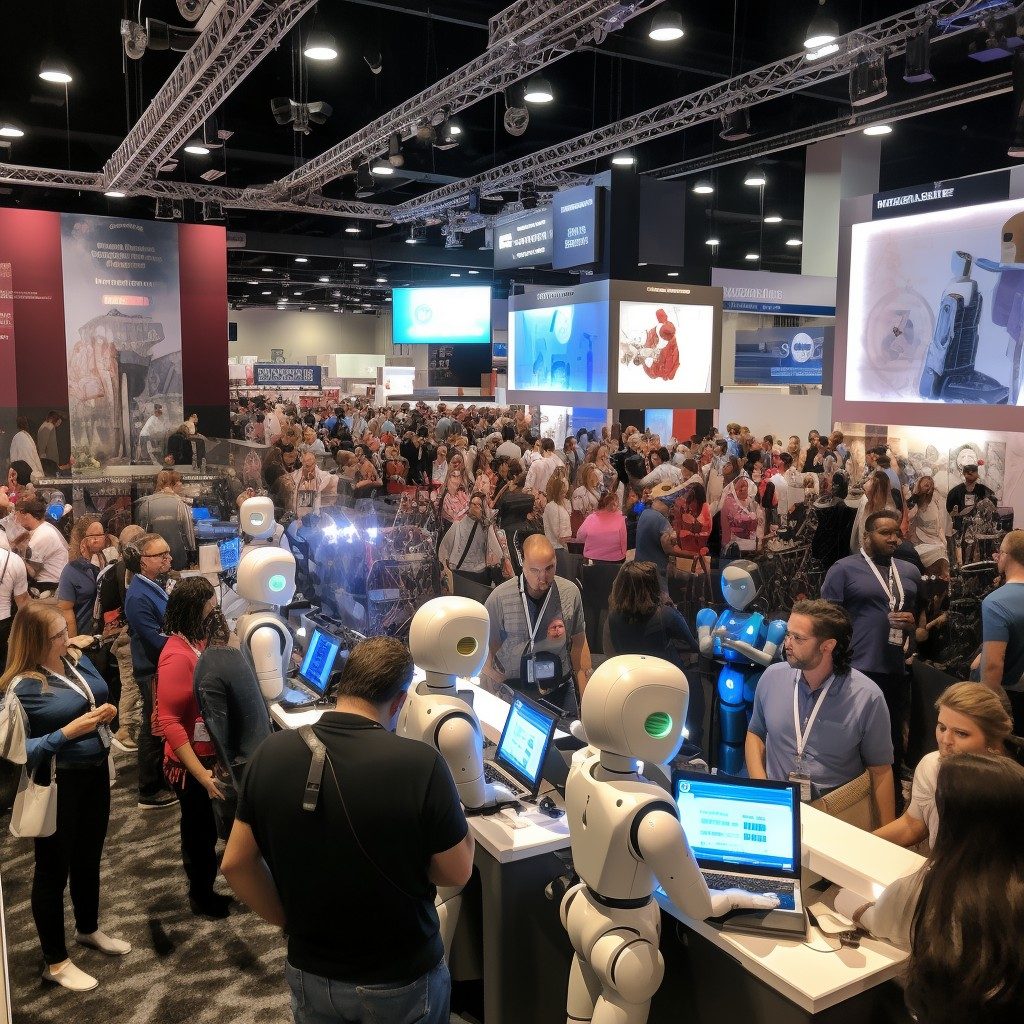A mother’s relentless quest to discover the cause of her four-year-old son’s unexplained pain and stunted growth has finally borne fruit thanks to artificial intelligence (AI). After consulting with 17 doctors over a three-year period without receiving a definitive diagnosis, she turned to the AI tool ChatGPT, which ultimately pinpointed the elusive condition responsible for her son’s suffering.
A lifesaver in the medical mystery maze
For countless individuals and families around the world, ChatGPT has emerged as a game-changing AI tool, simplifying complex tasks and providing solutions to perplexing challenges. Its significance in diverse industries has become increasingly apparent, further solidified by a recent case that showcased its remarkable ability to assist in medical diagnostics.
The journey began for Courtney, a mother facing an ongoing medical mystery that revolved around her four-year-old son, Alex. This young boy was afflicted with toothache and an unusual lack of growth, rendering him reliant on Motrin for relief. Desperate to alleviate her son’s suffering, Courtney embarked on a relentless search for answers, visiting numerous doctors, and even making an emergency room visit.
The mother, Courtney, recounted the extensive efforts she undertook in her relentless pursuit of a diagnosis, emphasizing that they had consulted numerous doctors and even ended up in the emergency room at one point. She also mentioned spending a sleepless night on the computer, meticulously researching and exploring various possibilities.
In the midst of the COVID-19 pandemic, Alex’s condition took a puzzling turn as he began to chew objects that caused him significant pain. This development prompted Courtney to redouble her efforts, eventually leading her to a doctor who attributed Alex’s issues to potential COVID-19 aftereffects. But, Alex’s growth remained stunted, and the mystery persisted.
AI-powered ChatGPT came as an unexpected breakthrough
After consulting with 17 doctors, Courtney decided to explore an unconventional avenue for answers and turned to ChatGPT. Sharing Alex’s symptoms with the AI, she received a revelation that had eluded the medical professionals she had consulted for years. ChatGPT identified a rare neurological condition known as tethered cord syndrome as the underlying cause of Alex’s suffering.
Courtney shed light on the pivotal role played by ChatGPT in unraveling the medical mystery by explaining how she meticulously examined every detail in her son’s MRI notes, inputting them into the AI tool, and even including the observation about her son’s inability to sit crisscross applesauce. This meticulous approach led her to a breakthrough in understanding the potential structural issue her son was facing.
With newfound hope and a potential diagnosis in hand, Courtney promptly scheduled an appointment with a neurosurgeon, sharing her suspicion that Alex was afflicted by tethered cord syndrome. The neurosurgeon, after reviewing the MRI, confirmed this diagnosis, paving the way for Alex to undergo surgery to address the condition just a few weeks ago.
The case of Alex and his mother’s relentless search for answers serves as yet another testament to the transformative power of AI in the realm of medicine. ChatGPT’s ability to navigate complex medical data and identify rare conditions has not only provided a lifeline for this family but has also expanded our understanding of AI’s potential in healthcare.
This remarkable story joins a growing list of instances where ChatGPT has proven its mettle in diagnosing challenging medical conditions. In March, a Twitter user shared a similar experience, recounting how the AI tool accurately identified a diagnosis for a pet dog when traditional medical avenues fell short.
Understanding tethered cord syndrome
Tethered cord syndrome, as described by the American Association of Neurological Surgeons, occurs when spinal cord tissue forms attachments that restrict its movement. This condition leads to abnormal stretching of the spinal cord, resulting in various neurological symptoms. The identification of tethered cord syndrome in Alex’s case underscores the significance of AI-powered solutions like ChatGPT in uncovering rare and complex medical conditions, ultimately improving patient outcomes.





